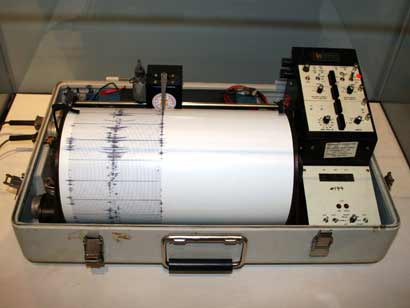Water crisis threat looms large claims UN climate report

Climate change is increasing water-related risks, including floods, droughts, and the number of people who are likely to be affected by increased demand and reduced water availability, along with the population. UN Meteorological Agency (WMO) in its new report titled “The State of Climate Services 2021: Water” said on Tuesday. As per the report 3.6 billion people globally had insufficient access to water for at least one month per year in 2018, and by 2050 that number will increase to five billion. “The situation is worsening due to the fact that only 0.5 percent of the water on Earth is usable and available fresh water,” the report said. The frequency of hazards has increased. Since 2000, flood-related disasters have increased by 134 percent compared to the previous two decades, while the number and duration of droughts have also increased by 29 percent during the same period. Drought-related deaths occurred in Africa with strong end-to-end warnings for drought in that region indicating the need for the system
Most of the flood-related deaths and economic losses were recorded in Asia, while Africa was hardest hit by drought-related deaths. “Rising temperatures are resulting in changes in global and regional rainfall, leading to changes in rainfall patterns and agricultural climates, with major impacts on food security and human health and well-being,” says WMO Secretary-General Petteri Taalas.
Last year, a series of extreme water-related incidents continued, displacing millions and killing hundreds across Asia. More than two billion people in Africa still live in water-scarce countries and face a lack of access to safe drinking water and sanitation.
Underlining the important role of water resource management in mitigating water-related disasters, the WMO recommends that countries, particularly small island developing states and least developed countries, develop integrated water resources management and drought and flood early warning systems. The WMO also urges countries to fill capacity gaps in collecting data for basic hydrological variables, which underpin climate services to co-develop and operate climate services with information users to better support adaptation in the water sector.









